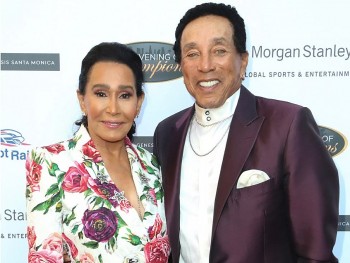Denied Freedom: Why the Colorado Court Says An Elephant Is Not a Person
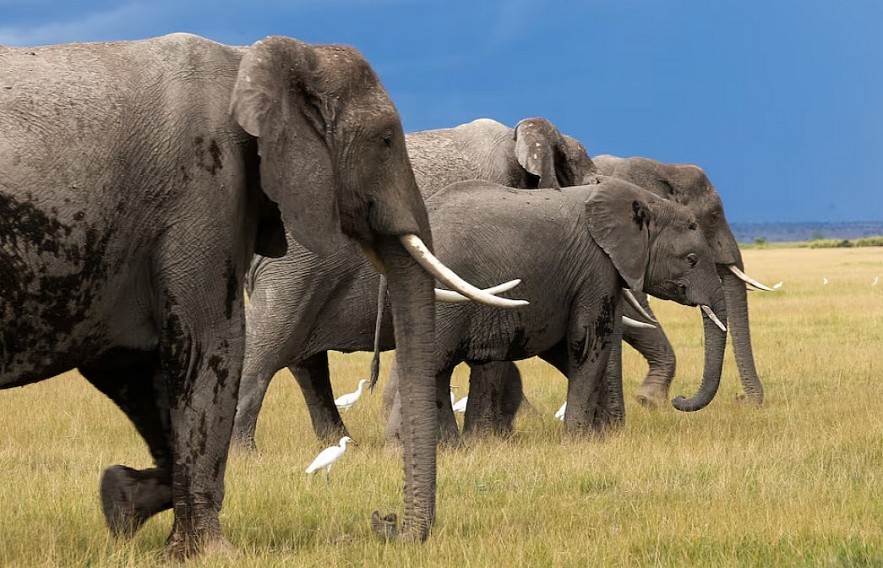 |
| The state's highest court ruled that five elderly African elephants at a Colorado zoo have no legal right to demand their release because they are not human, so the animals will remain there. |
In a landmark decision, the Colorado Supreme Court ruled that five African elephants at the Cheyenne Mountain Zoo in Colorado Springs would remain in captivity, dismissing a petition by the Nonhuman Rights Project (NhRP) to grant the animals legal rights and release them to a sanctuary.
The ruling has reignited debates over the legal and ethical status of highly intelligent non-human animals, raising questions about the intersection of law, animal welfare, and societal values.
The Case Overview
The case, which centered on the elephants Jambo, Kimba, Lucky, LouLou, and Missy, was initiated by the NhRP, a non-profit organization advocating for the legal recognition of certain non-human animals as persons with basic rights. The group argued that the elephants should be granted a writ of habeas corpus—a legal mechanism that protects against unlawful detention—on the basis of their extraordinary cognitive and emotional abilities.
The elephants reside on a two-acre habitat at the Cheyenne Mountain Zoo, which is accredited by the Association of Zoos and Aquariums (AZA). Despite the zoo's claims of providing a high standard of care, the NhRP asserted that captivity inherently deprives these animals of their bodily autonomy and violates their natural behaviors and social needs. The organization sought to transfer the elephants to a sanctuary, arguing that such an environment would better cater to their physical, psychological, and social well-being.
The Court’s Decision
The Colorado Supreme Court ultimately dismissed the petition, affirming a lower court's ruling. Justice Maria E. Berkenkotter, who delivered the court's opinion, stated unequivocally:
"Because an elephant is not a person, the elephants here do not have standing to bring a habeas corpus claim."
The court acknowledged the compelling evidence presented by the NhRP and a group of biologists, who highlighted the elephants’ remarkable cognitive traits. Elephants, the affidavits argued, are self-aware, empathetic, capable of understanding death, and engage in ritualized mourning. They also possess long-term memories and the ability to pass knowledge through generations.
While the court recognized these traits and admitted that a sanctuary could provide a more suitable environment for the elephants, it ruled that the animals' confinement at the Cheyenne Mountain Zoo did not constitute unlawful detention. Without a definitive legal framework to grant standing to non-human animals, the habeas corpus claim could not proceed.
Elephants and Legal Rights
The ruling aligns with past decisions in the United States where courts have resisted extending legal personhood to animals, even those with advanced cognitive and emotional capabilities. A similar case in 2022, involving Happy, an Asian elephant at the Bronx Zoo, reached the same conclusion. In that instance, New York’s highest court also denied a habeas corpus petition brought by the NhRP, stating that legal personhood is currently confined to humans.
The NhRP has expressed frustration with these outcomes, arguing that the refusal to grant basic legal rights to animals perpetuates an outdated and anthropocentric view of personhood. In their statement following the Colorado Supreme Court ruling, the organization declared:
"This opinion perpetuates a clear injustice, stating that unless an individual is human they have no right to liberty, no matter how cognitively, psychologically, or socially sophisticated they may be. Future courts will reject this notion, as judges in the United States and around the world have already begun to do."
The NhRP cites growing international precedents where courts have recognized the rights of non-human animals. For instance, a court in Argentina declared Sandra, an orangutan, a "non-human person" in 2015, granting her certain legal rights and enabling her transfer to a sanctuary. Similar rulings have occurred in India and New Zealand, reflecting a gradual shift in global attitudes toward animal rights.
The Zoo’s Perspective
The Cheyenne Mountain Zoo welcomed the ruling, expressing relief at the dismissal of the case. In their official statement, zoo officials emphasized the care and resources they dedicate to the welfare of their animals, including the elephants. However, they voiced resentment over the legal battle, stating:
"For the past 19 months, we’ve been subjected to their misrepresented attacks, and we’ve wasted valuable time and money responding to them in courts and in the court of public opinion."
The zoo maintained that the elephants are well cared for, with access to high-quality veterinary services, enrichment activities, and a habitat designed to accommodate their needs as much as possible within the constraints of captivity.
The Ethical Debate: Captivity vs. Autonomy
The case underscores the broader ethical tension between captivity and autonomy for animals, particularly those with advanced cognitive abilities like elephants. Proponents of animal personhood argue that captivity—no matter how well managed—violates the animals’ fundamental right to self-determination. Sanctuaries, they contend, offer a more natural and humane alternative by providing larger, more dynamic environments and the possibility of forming social bonds within a semi-wild setting.
On the other hand, zoos argue that they play a vital role in conservation, education, and species preservation. In the case of the Cheyenne Mountain Zoo, officials highlight their contributions to elephant conservation efforts and the importance of educating the public about these majestic animals. They also point out the challenges of reintroducing captive elephants into wild or semi-wild settings, particularly those that have spent decades in human care.
The Path Forward
The Colorado Supreme Court’s decision may not be the final word on the matter. The NhRP has vowed to continue its efforts to challenge the legal status quo and push for the recognition of non-human animal rights. While their legal arguments have yet to gain traction in the United States, the organization believes that public opinion and judicial perspectives will evolve over time.
The broader question of animal personhood raises significant legal, philosophical, and ethical considerations. What criteria should determine personhood? Can legal systems designed for humans adapt to accommodate the rights of non-human animals? As scientific understanding of animal cognition advances, these questions will likely become increasingly pressing.
In Conclusion
The Colorado Supreme Court’s ruling that elephants are not persons reflects the current limitations of U.S. law in addressing the rights of non-human animals. While the decision aligns with legal precedent, it also highlights the growing tension between scientific knowledge of animal intelligence and societal values surrounding animal welfare. As organizations like the NhRP continue to advocate for change, the debate over animal personhood is poised to remain a contentious and evolving issue in both legal and ethical discourse.
 Top 10 Best Descriptive Essays on Animals for Children Top 10 Best Descriptive Essays on Animals for Children Children, even parents, are often confused with the description of domestic or wild animals. Knowinsiders.com presents 10 of the most fascinating descriptive essays about animals. |
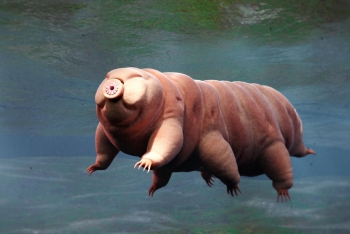 Top 15 Weirdest Animals in the World That Still Exist Today Top 15 Weirdest Animals in the World That Still Exist Today With more than 8 million species of living things on Earth, no wonder that nobody knows or has seen them all. |
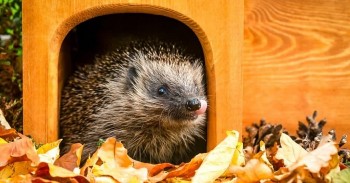 Top 10 Illegal Animals To Own As Pets In The US That You Must Know Top 10 Illegal Animals To Own As Pets In The US That You Must Know In the US, you are not allowed to own all animals. Owning a number of animals might break the laws due to its harms to ... |
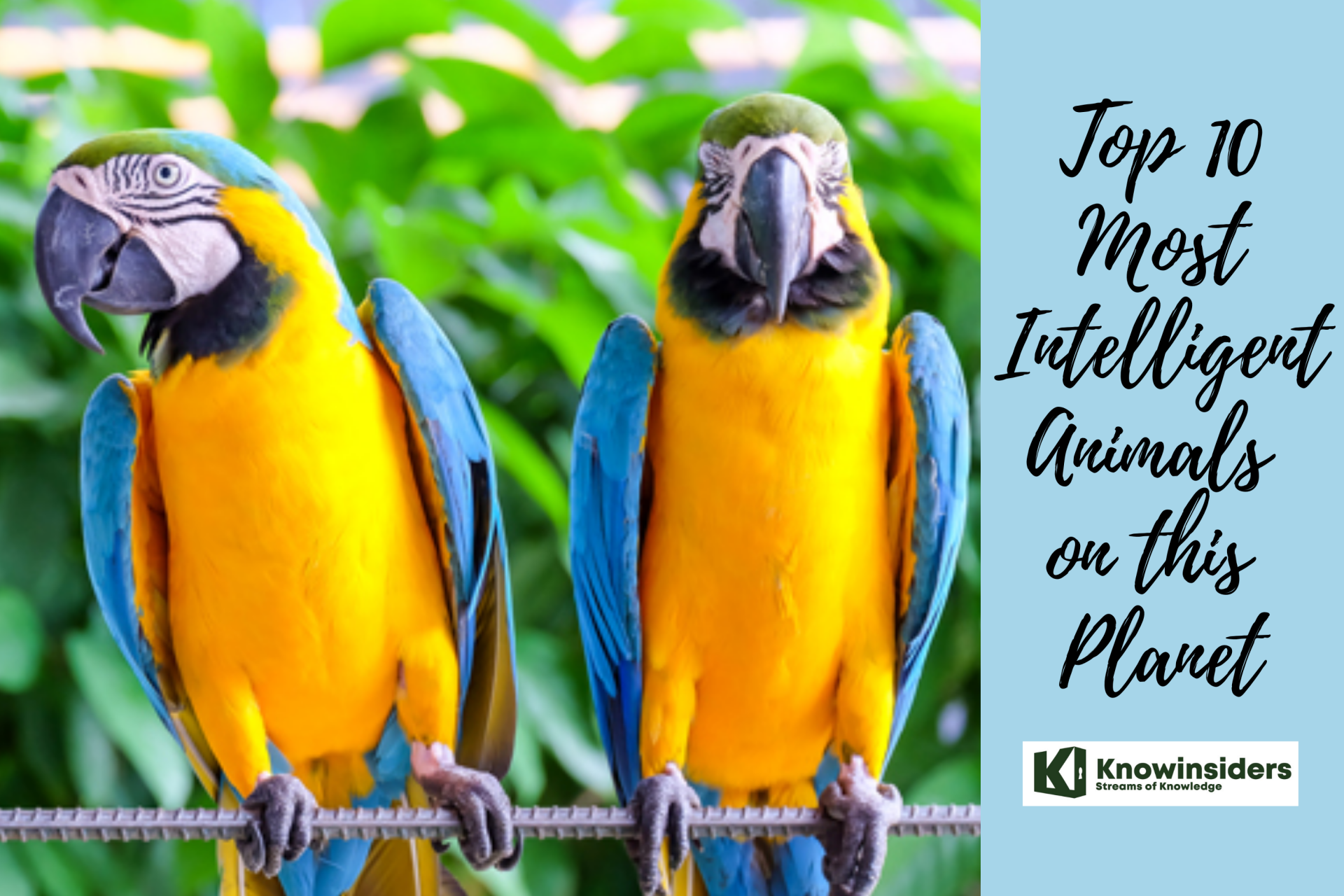 Top 10 Most Intelligent Animals On the Planet Top 10 Most Intelligent Animals On the Planet On our planet, there are many lovely animals, some of which have extraordinary skills. Below are the top ten intelligent animals in the world. |
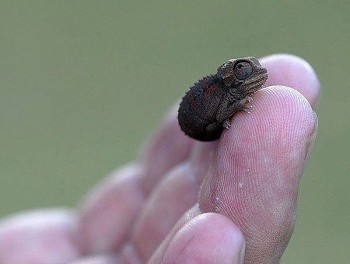 Top Smallest And Strangest Animals in Our Planet Top Smallest And Strangest Animals in Our Planet Not all huge things are excellent; many strangely small species are really cute and unusual. |












